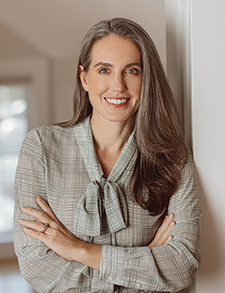Successful otolaryngologists acknowledge the steep learning curve they encountered when making the transition from residency to full-time practice and share lesson learned.



It’s critical that otolaryngologists become familiar with, educated about, and unafraid of AI to prepare for the inevitable integration of AI applications into their practices.

While resilience has been said to be a form of growth, we should be asking what we can do within our organization and societies so that everyone gets a slice and then see what individuals can achieve with that support.

Otolaryngologists Open West Africa Institute for Special Surgery (WAISS) to Improve Access to Care

Getting involved enriches your professional life, which requires saying “yes”—a lot.

Value-Based Compensation model can be considered advantageous because it evens the playing field between proceduralists and non-proceduralists, but defining value and implementing VBC can be challenging.

New standardized otolaryngology curriculum’s goal is to deliver a comprehensive and appropriately detailed curriculum that will help direct self-learning and serve as a jumping-off point for residency programs’ didactic learning.

The Federal Trade Commission has determined that noncompetes are an unfair method of competition, violating section 5 of the FTC act.

The constant cycle of transitions to a medical career can make it difficult to enjoy the present, to acknowledge the hard work that was required get to the current position, and to remember why you embarked on the journey at the start.

While proponents of value-based care indicate that the cost savings and efficiency of the system are inherently quality based, it remains to be seen how that will play out at the patient–physician relationship level